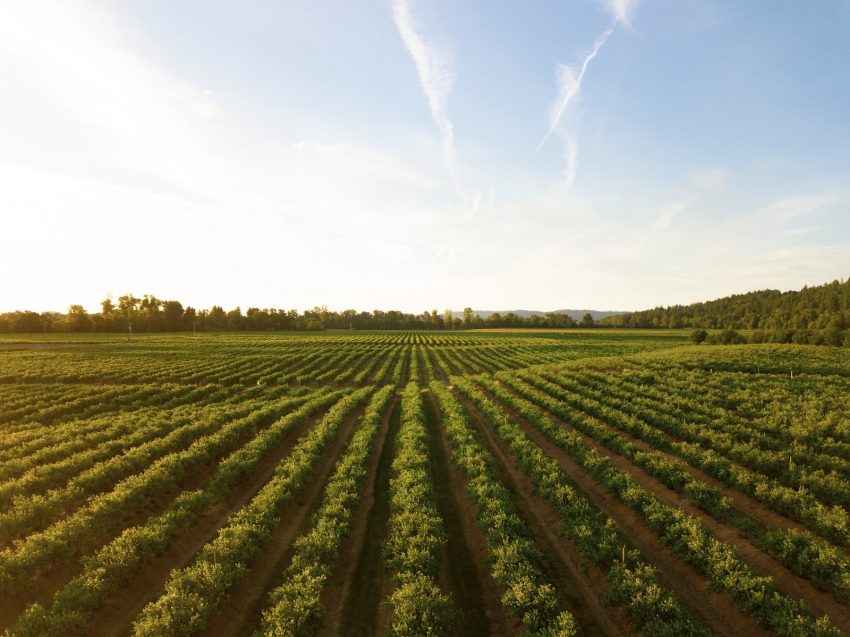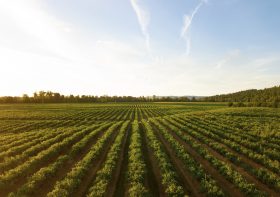Organic vs. Conventional Agriculture: What’s the Difference?

When people refer to conventional agriculture, they’re generally talking about traditional farming practices that are used by the majority of farmers today. These methods include the use of synthetic fertilizers and pesticides, as well as heavy machinery and genetically modified seeds that allow farmers to grow large quantities of crops in small spaces. Organic farming practices, on the other hand, prohibit or severely limit the use of such substances, relying instead on sustainable ways to enrich soil health and ward off pests naturally.
The difference in the type of fertilizers used
Organic farmers use fertilizers that are derived from natural sources such as manure and compost, while conventional farming relies on synthetic fertilizers made from petroleum or natural gas. The main difference between organic and conventional agriculture is their approach to fertilizer use. Organic farmers rely on fertilizers that are derived from natural sources such as manure and compost, while conventional farming relies on synthetic fertilizers made from petroleum or natural gas. For more information visit real money slots online.
The difference in the way food is grown
The biggest difference between organic and conventional agriculture is that organic farms use natural fertilizers, such as manure, and do not use any synthetic or toxic chemical fertilizers and pesticides. Organic farms are also often smaller in size, which means they require less land to produce the same amount of food as a conventional farm.
The difference in nutritional value
The main difference between organic and conventional agricultural practices is that organic methods avoid the use of chemical fertilizers, pesticides, genetic engineering, and antibiotics (although they are not always avoided). Organic farming also does not use ionizing radiation or sewage sludge. The most notable difference between organic and conventional farming is found in nutrition content. On average, a serving of organic produce contains 20% more antioxidants than a serving of conventional produce! This means that your body will be receiving 20% more protection from free radicals.
The difference in environmental impact
The main difference between organic and conventional agriculture is that organic farming does not use synthetic fertilizers or pesticides, relying instead on natural compost for fertility and biological pest control for insect pests. This type of farming also avoids genetic engineering, herbicides, and other agrochemicals like fungicides.
Why do people choose one over another
Some people choose to eat organic food because they believe it has higher nutritional value, or that it is better for the environment. Organic farming often uses less pesticides and fertilizers, and organic farms are not allowed to use genetically modified organisms (GMOs). Organic farms often require their animals to be fed organic feed that does not contain animal byproducts. On the other hand, people who don’t care about organic farming may choose conventional agriculture because it is cheaper and more readily available than most organic products. This is why people choose australian online casino real money platforms for their extra income.
Cost comparison
While organic farming has traditionally been more expensive than conventional farming, recent studies show that organic production is now cheaper than conventional production in many places across the world. The reason for this is that there is no need for costly fertilizers and pesticides, which are a significant contributor to the cost of conventional agriculture. Additionally, certain economies of scale allow larger farms to produce food at a lower cost per unit than smaller farms can produce it.



Leave a Reply
You must be logged in to post a comment.